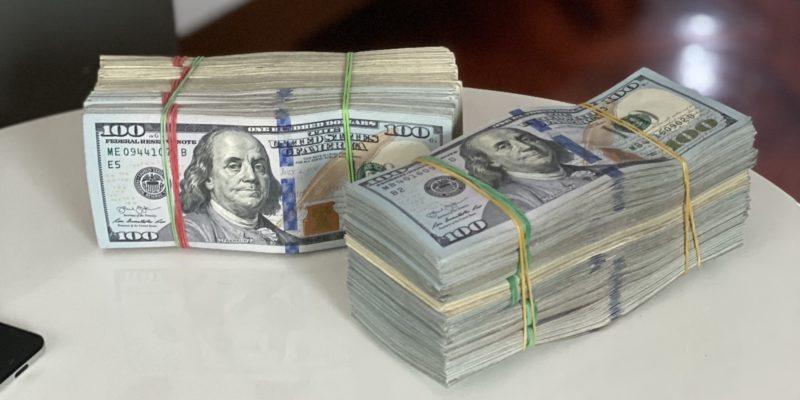Details about Google’s licensing deal for news has been released. The platform pledges to pay publishers more than $1 billion over the next three years for their content.
The takeaways:
- Google first announced their new licensing program in June, saying that they would pay publishers for “high-quality content for a new news experience launching later this year.”
- Now, executives have told Axios that Google will pay publishers more than $1 billion over the next three years to “create and curate high-quality journalism”.
- The licensed content will form part of Google News Showcase; a new section that will appear within Google News, and eventually also in Discover and Search.
Features will include panels, timelines, bullets, and related articles. The aim is to help guide readers to higher-quality information, and boost traffic to publisher websites.
Google says:
“This approach is distinct from our other news products because it leans on the editorial choices individual publishers make about which stories to show readers and how to present them…Alongside other companies, governments, and civic societies, we want to play our part by helping journalism in the 21st century not just survive, but thrive.”
The tech giant has so far signed deals with more than 200 publishers in Germany, Brazil, Argentina, Canada, the UK, and Australia.
Location, location:
Interestingly, the Google News Showcase is launching first in Brazil and Germany. This is an unusual move, given that the tech giants usually start in the U.S. before rolling out products elsewhere.
- There is hope that by testing in these two markets first, the product will avoid the U.S.-centric behaviors that drive similar products at places like Facebook and Apple. It will give the Showcase a much greater chance of supporting publishers all around the world.
- Google’s VP of product management for news Brad Bender says that they’re selecting publishers on a country by country basis. They will prioritize publishers who have “established audiences and serve a community, like local news publishers and print newspapers”.
Paying publishers is a good thing, right? Well, it’s complex. It’s $1 billion that the news industry didn’t have before. But it also comes with a whole host of issues, as Nieman Lab’s Joshua Benton points out:
- Google can negotiate who gets the money and how much they get. There’s no obligation to pay everyone on equal terms, and this will just benefit big publishers who have more leverage.
- This is a “let’s partner on something new”. It is not an attempt to fix the existing (and growing) financial imbalance between the Duopoly and the publishing industry.
- The positive PR for this move will likely lower the heat on calls for government regulation and taxation.
On that note: The markets Google has chosen to launch and forge partnerships in so far are all ones where it’s under antitrust investigations or taxation efforts.
Google isn’t the first platform to license content from publishers. Facebook has been licensing content from publishers since late 2019, although not all publishers, and not consistently.
- Some publishers may have inked deals with Facebook worth as much as $3 million a year, while others aren’t paid at all. One estimate suggests that of the 200 different publications included at launch, only a quarter of those involved were offered payment.
- Aggregator SmartNews pays licensing fees but also allows publishers to sell display ads against their content and keep all subsequent revenue.
Curiouser and curiouser:
This new product is part of Google News, which makes no advertising or other revenue for Google. To put it politely, Google’s $1 billion pledge is a handout and doesn’t benefit Google’s actual business in any way.
- This is a really important point for publishers to remember when factoring in any licensing payments as part of a revenue stream.
- If it isn’t for the long-term benefit of Google, what happens when the $1 billion dollars is up? That’ll likely depend on wider industry factors and pressures.
The last word: Google has said it will offer free access to select paywalled articles on some participating publishers’ sites. The intention is to help convert subscribers. Whether it works with the relevant publishers on this or just decides by itself remains to be seen.









